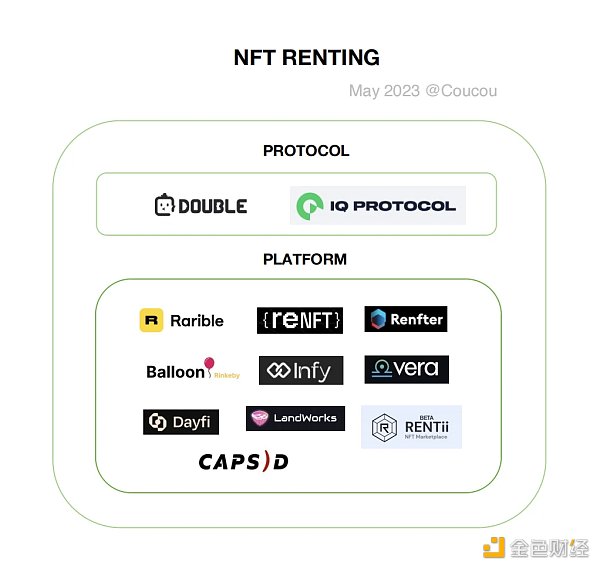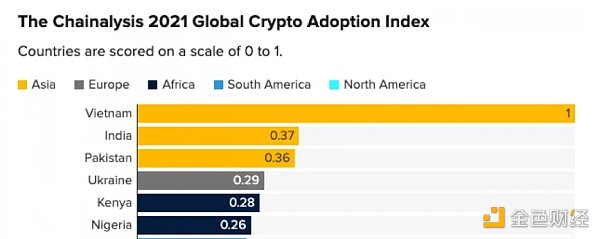Video | OK Blockchain 60 Lecture: How Blockchain Works
Facebook will issue its own digital currency through the blockchain, Alipay will use the blockchain to redo payments, Tencent uses the blockchain to make digital invoices, and JP Morgan will use the blockchain to optimize its cross-border transfer service. Of course, it ’s not It is said that blockchain can only be applied in the financial field, but have you found that the financial service field really accounts for most of the blockchain projects.
The reason for this phenomenon is indeed because the blockchain and finance have a natural fit. Essentially, the blockchain can solve the problem of trust in data, and finance is nothing more than the word trust. Therefore, today, Xiao Kjun, from the operating principle of the blockchain, tell everyone how the blockchain solves the problem of data trust.
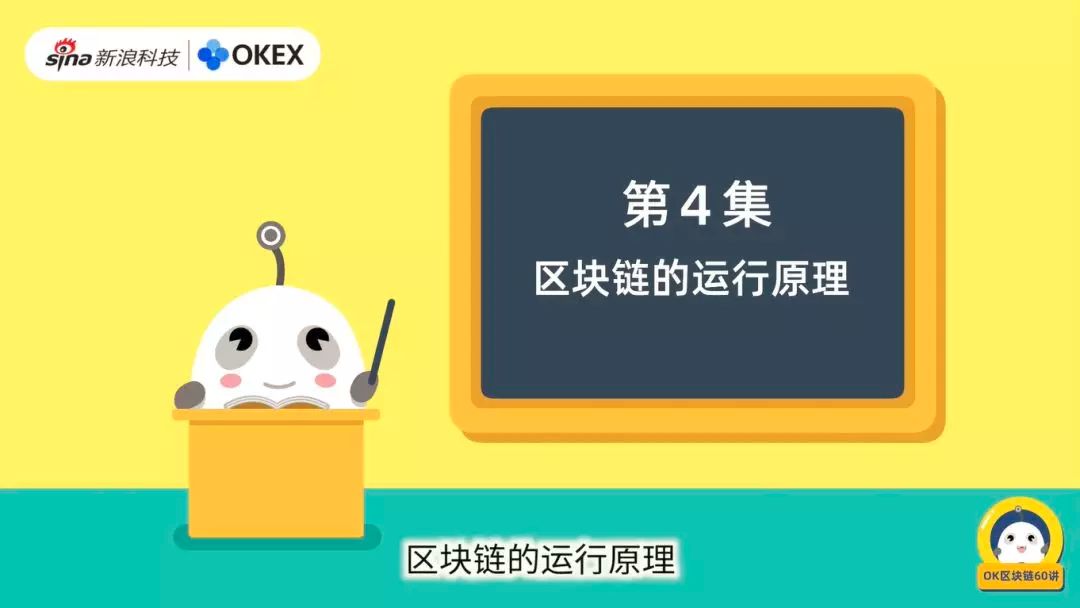
Before talking about this principle in detail, we must first understand such a thing: we have said before that the blockchain is a database, but it is different from common databases in that it is a distributed database.
- Video | OK Blockchain 60: Why is Blockchain called Blockchain?
- 7 Key construction projects in provinces and cities in 2020 involve billions of funds from the blockchain to help industrial development
- Video: Lecture on OK Blockchain 60-Features of Blockchain: Decentralization
If we compare the database to a ledger, the general database is equivalent to a ledger, and only the creator, that is, a centralized company, can keep accounts on this ledger. The blockchain is equivalent to multiple ledgers. In addition to the founder having a ledger, as long as someone wants to participate, you can get the ledgers, and everyone's ledgers have the same status, and can completely record all data independently of each other.
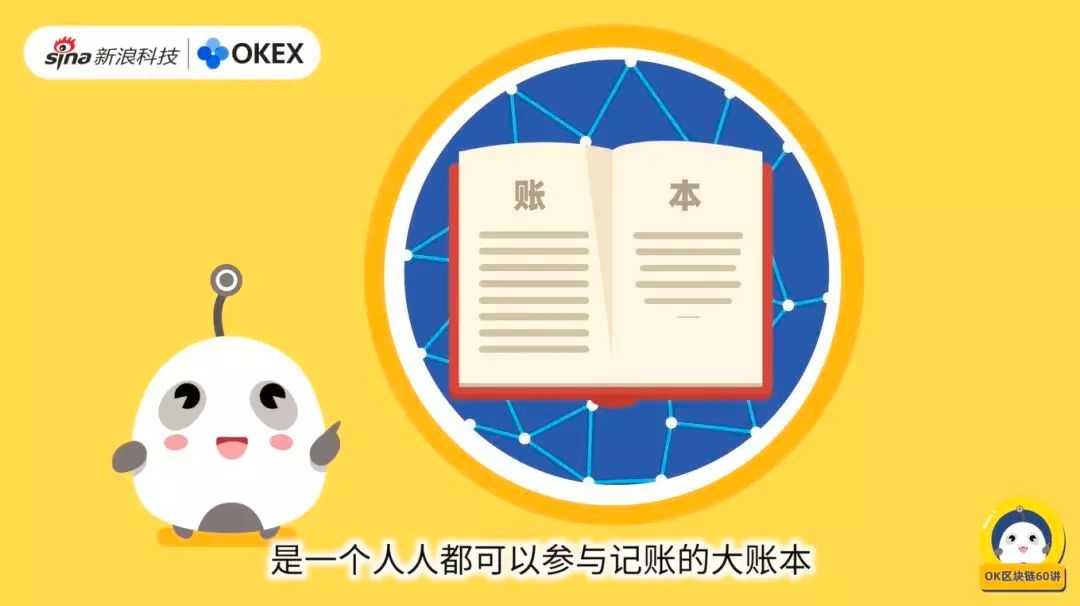
After understanding this, you can talk about the principles of blockchain. The principle of the blockchain is this: After a transaction data is generated, according to the normal database process, the centralized company will directly process the data, and then the verification, protection, etc. are all maintained by this company. Such data recording and processing are all in one family, and it is easy to cause data opacity.
In the blockchain, there is no longer a separate company to maintain data, everyone (including users) can participate, in addition to the centralized company has a database, everyone will have a database, everyone's database They are independent of each other and have the same status, and can store complete data in a block chain structure.
After a piece of data is generated, each participant can process this data, and then send the processed data to everyone else for confirmation. When most other participants believe that this data is true I believe there is no problem with the processing. When a consensus can be reached, this data will be recorded and finally synchronized to everyone's database.
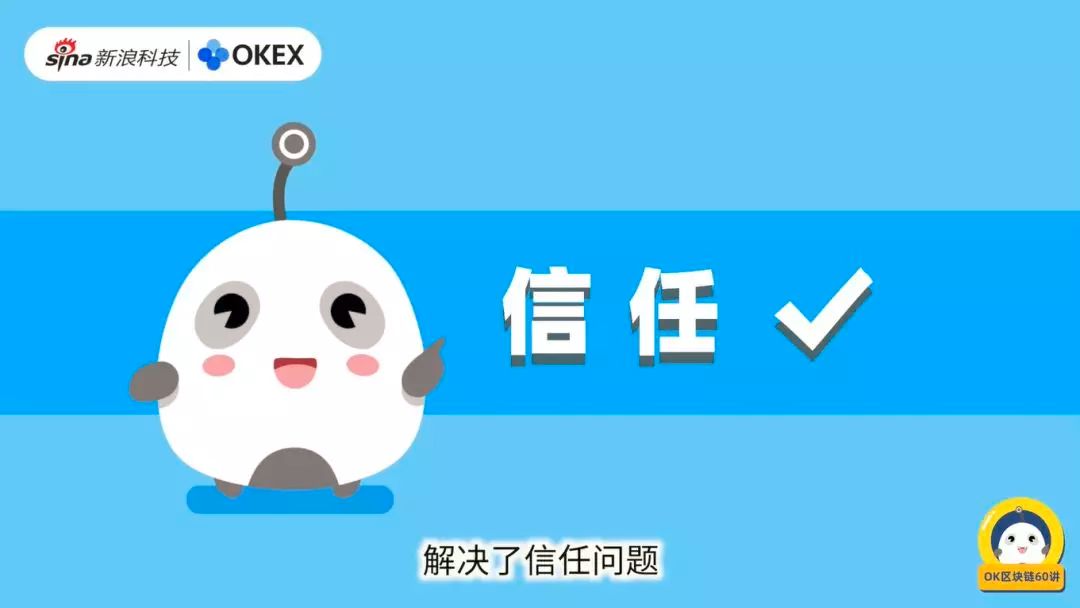
There are three advantages of this principle. First, decentralization of power ensures the fairness of data processing. No one person can record data separately, avoiding the situation where a single recorder is manipulated or maliciously accounting; Solve the problem of data trust, because the data will be recorded in multiple databases. Once someone changes the data in the database, it will be easily found, which makes the data more transparent; third, reduces the network security risk Multiple databases coexist. In theory, unless all the nodes are destroyed, the accounts will not be lost, thus ensuring the security of the account data.
In general, the principle of blockchain operation is a process in which everyone keeps accounts together, verifies each other, and reaches consensus. In today's era of data explosion and lack of trust, I hope that blockchain can become a ray of sunshine on our heads, solve these problems, and illuminate the future direction of digital development.
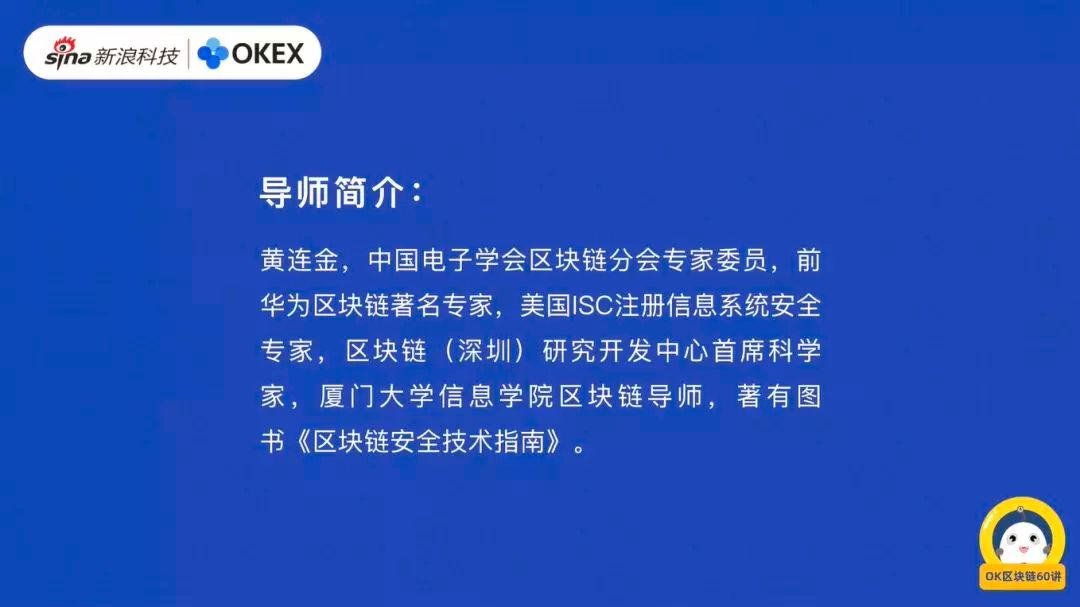
Thank you Huang Lianjin for your help and guidance in this episode.
We will continue to update Blocking; if you have any questions or suggestions, please contact us!
Was this article helpful?
93 out of 132 found this helpful
Related articles
- Open Class | How to achieve authenticity in an information-pollution environment?
- How much do you know about the history of Ethereum? Here is a brief history
- Global blockchain status: Asia is the most competitive, and Africa is the largest target market?
- Observation | Xiong'an Blockchain's 3rd Anniversary: From the first tree with an "identity card" to the official opening of the blockchain laboratory
- Yao Qian: Three major scenarios and solutions in which blockchain may be applied to central bank digital currency
- Video | Chen Xiaohua: Two attributes, six dimensions, and one center of the blockchain
- The application prospect of blockchain technology in sudden public safety incidents: how to realize "digital city governance" and "digital epidemic prevention"?



